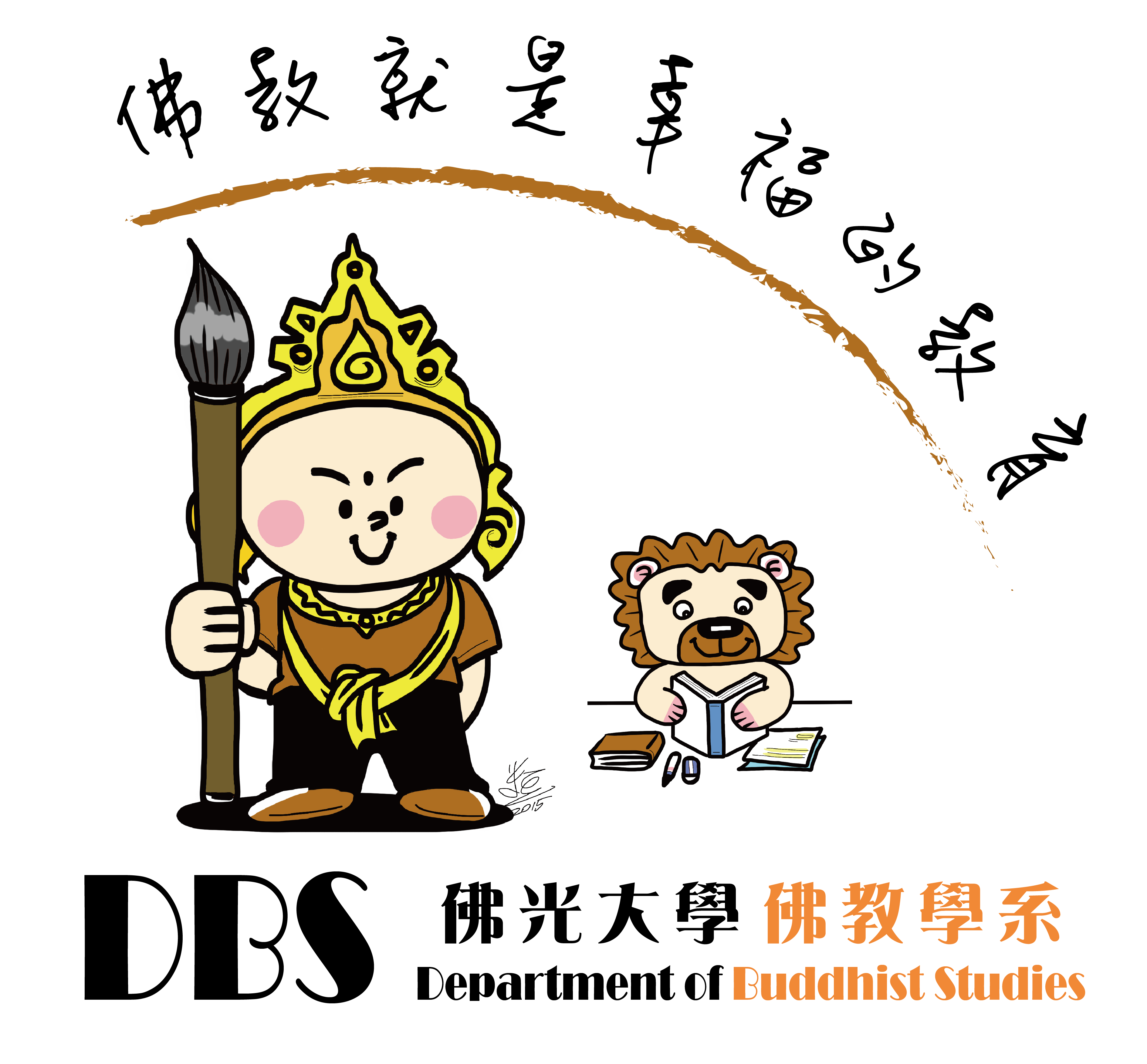As part of the "Buddhist Practice and Conduct" course offered by the Department of Buddhist Studies at Fo Guang University, Venerable Huifa, currently serving in the Gardening Division at the Fo Guang Shan Buddha Museum, was specially invited to share insights under the theme "Practice Through Labor." With decades of experience in monastic labor and spiritual cultivation, Venerable Huifa offered students a vivid reflection on the integration of practice and daily tasks.
Since ordination, Venerable Huifa has led a richly diverse monastic life—spending ten years as a prison chaplain at the Tainan Mingde Correctional Facility, five years as chief cook (diantzuo) at Yunju Building, several years in the meditation hall, and over a decade caring for plants and landscapes at the Buddha Museum. From preaching in prison, preparing meals for the sangha, to tending every flower and blade of grass, the Venerable embodies the spirit of dharma in action.
In the lecture, the Venerable began by tracing the historical roots of chan monastic labor, citing the famous principle of Chan Master Baizhang: “A day without work is a day without food.” Past patriarchs such as Huineng, Linji, and Xiangyan all served in roles like kitchen manager, water carrier, or field tender—developing their character and discipline through hands-on duties. Labor was not considered a burden, but a path of practicing the Dharma, supporting the community, and refining one's personality.
Drawing from personal experiences as head cook at Yunju Building, the Venerable encouraged students to embrace challenges. Despite many humorous mishaps in the early days of kitchen duty, determination and sincere effort eventually led to improved meals—and the vow that “those who had skipped meals would return to the dining hall,” illustrating the unwavering spirit of a true practitioner.
“Sweep the floor, sweep the mind. If the mind is not cleansed, sweeping the floor is in vain.” Quoting Chan verses, Venerable Huifa emphasized that in Chan Buddhism, realization arises from lived experience. Whether it's sweeping, cooking, or carrying water—every act, when performed with mindfulness and compassion, becomes a form of bodhisattva practice.
The lecture concluded with a tribute to the founder of Fo Guang Shan, Venerable Master Hsing Yun, whose example of “building affinities before attaining Buddhahood” served as an inspiration. Students were encouraged to cherish their time at school and embrace each task, no matter how mundane, as a training ground for humility, diligence, and kindness—paving the way for a grounded and sustainable spiritual path.



 College and Department of Buddhist Studies, FGU
College and Department of Buddhist Studies, FGU